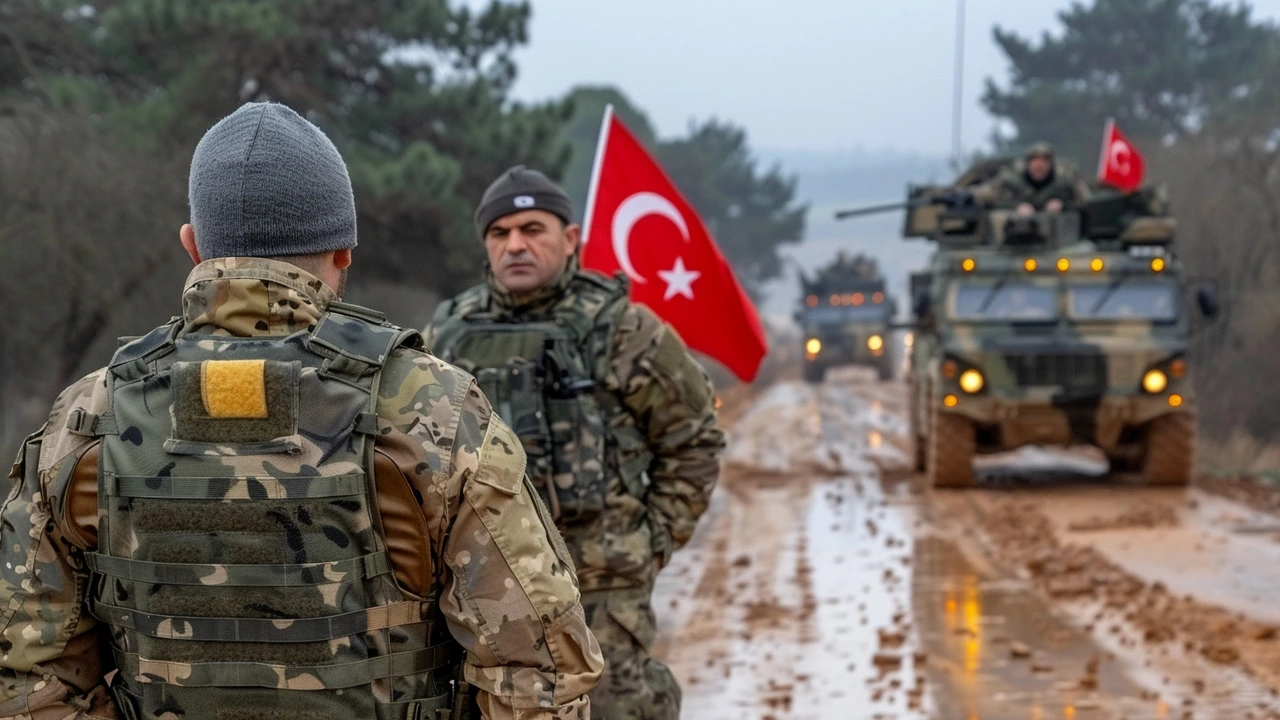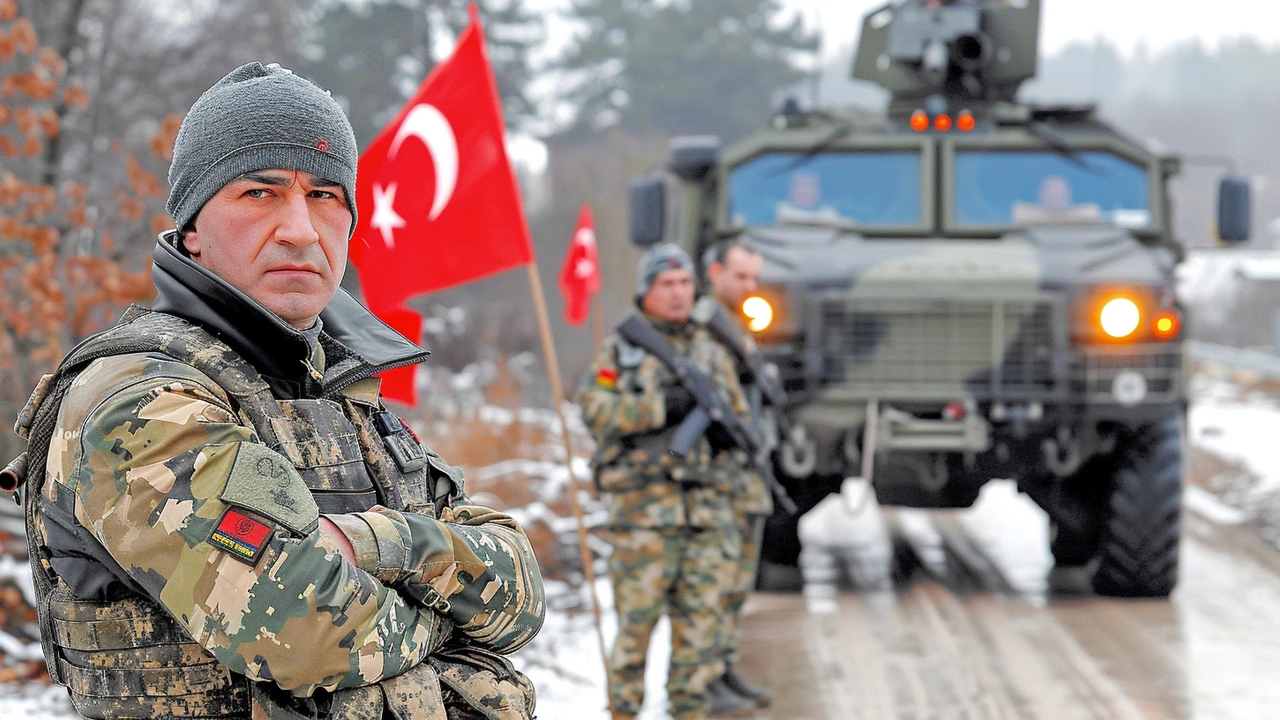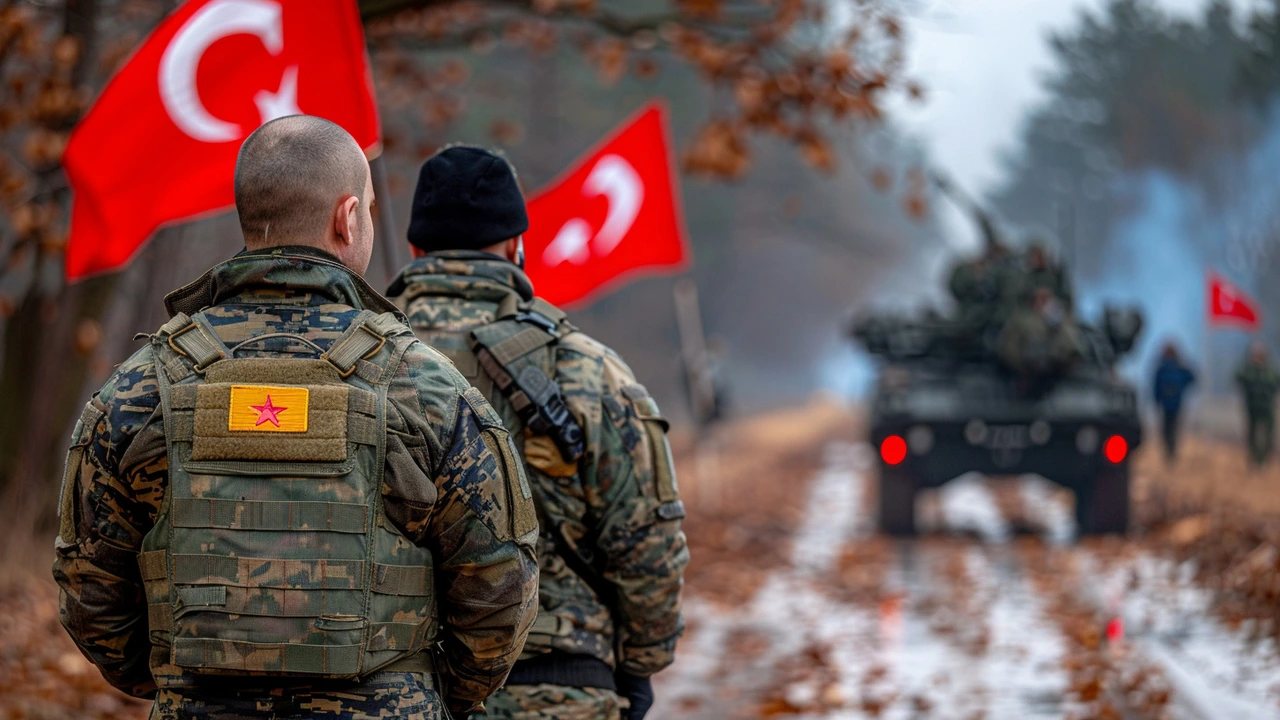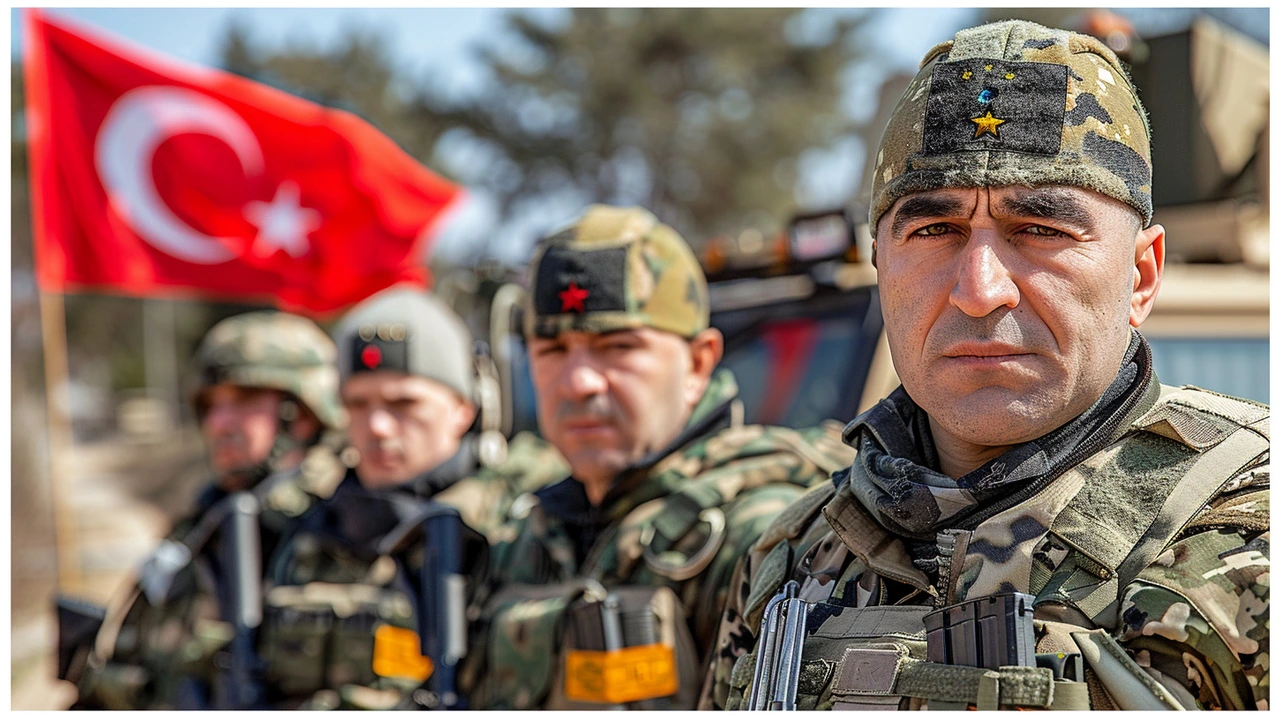Why Turkey is Essential to European Defence Despite Erdoğan's Controversies
 Jun, 23 2024
Jun, 23 2024
Turkey's Strategic Role in European Defence Amidst Controversies
The role of Turkey in European defense has come under intense scrutiny due to the controversial policies of its President, Recep Tayyip Erdoğan. His authoritarian approach, questionable human rights record, and various domestic and international controversies have led to calls within Europe to reconsider Turkey's involvement in collective defense efforts. However, it is crucial to differentiate between Erdoğan's policies and Turkey’s undeniable strategic importance to European security.
Turkey has been a key member of NATO since 1952. This longstanding membership has seen Turkey contributing significantly to the Alliance’s military missions and operations, underscoring its vital role in regional stability. The geopolitical position of Turkey, straddling Europe and Asia, provides a unique advantage in monitoring threats from multiple fronts, including the Middle East, the Caucasus, and, more recently, the Black Sea region amid Russian aggression.
The Geopolitical Significance of Turkey
Turkey’s location makes it an indispensable ally for Europe, particularly against the backdrop of Russia’s actions in Ukraine. As Russia continues its aggressive posture, Turkey’s control over crucial maritime routes and airspace becomes even more critical. The Turkish Straits, comprising the Bosporus and Dardanelles, are key maritime chokepoints that allow control over naval passage from the Black Sea to the Mediterranean. This geographical advantage cannot be underestimated in strategic military planning.
Moreover, Turkey’s robust military capabilities add a substantial force to NATO’s collective defense. Turkey boasts one of the largest and most capable standing armies within the Alliance, with seasoned troops and advanced military technology. This enhances NATO’s deterrence and defense posture, particularly in Southeastern Europe, where vulnerabilities to external threats are more pronounced.

The Implications of Excluding Turkey
Excluding Turkey from European defense efforts would not only diminish these strategic advantages but also potentially push Ankara closer to Moscow, a scenario that could further destabilize the region. Any move to marginalize Turkey could be seen as a diplomatic affront, leading to a realignment of Turkish foreign policy in ways unfavorable to Europe and NATO. Such an outcome would likely embolden Russia, expanding its influence and exacerbating security challenges in the region.
Furthermore, Turkey’s role extends beyond conventional military contributions. It has been instrumental in counterterrorism efforts, intelligence sharing, and addressing regional conflicts that indirectly influence European security. For instance, Turkey's involvement in Syrian and Libyan affairs has significant implications for migration flows, which directly impact European borders.
Constructive Engagement with Turkey
Given these considerations, it is imperative for European leaders to engage with Turkey constructively. While there are valid concerns about Erdoğan’s domestic policies, these should not overshadow the broader strategic imperatives. Constructive engagement would involve dialogue and diplomacy that respects Turkey’s contributions while addressing contentious issues through cooperation and negotiation.
This approach can ensure that Turkey remains a committed and valuable partner in collective defense. It would also open avenues to influence Turkey’s domestic and foreign policies positively, reinforcing mutual interests in regional stability. By engaging Turkey rather than isolating it, European leaders can help maintain a balance of power that deters adversaries and promotes peace.

The Historical Context of Turkish NATO Membership
Understanding the historical context of Turkey's NATO membership further emphasizes its importance. Since joining NATO in 1952, Turkey has been a front-line state in the Cold War, countering Soviet influence in the region. Over the decades, Turkey's strategic value has been recognized through its active participation in numerous NATO missions, from the Korean War to operations in Afghanistan.
Turkey’s contributions have not been limited to military engagements alone. It has also provided critical logistical and support facilities, including airbases like Incirlik, which have been pivotal for NATO operations in the Middle East. This long-standing cooperation is a testament to Turkey's reliability as an ally and its alignment with the core objectives of NATO and European security.
Addressing Challenges in the Turkey-Europe Relationship
Nevertheless, the relationship between Turkey and Europe has had its share of challenges. Disagreements over human rights, democratic norms, and Erdoğan's increasingly autocratic governance have strained ties. Issues such as the crackdown on dissent, erosion of judicial independence, and Turkey's military actions against Kurdish groups have been particularly contentious.
However, it is essential to address these challenges without compromising the strategic partnership. European leaders must advocate for democratic values and human rights while recognizing the importance of maintaining a strong and cooperative relationship with Turkey. This delicate balance requires diplomatic finesse, where open critique is coupled with constructive dialogue aimed at long-term stability and mutual benefit.
Engagement strategies could include confidence-building measures, joint military exercises, and increased economic cooperation. These initiatives would not only strengthen defense ties but also create platforms for addressing disagreements and fostering mutual understanding. By working collaboratively, Europe and Turkey can navigate the complexities of their relationship, ensuring that security and stability remain the overarching goals.

The Future of Turkey in European Defence Strategy
Looking ahead, Turkey's role in European defense strategy is likely to remain vital. Emerging security threats, geopolitical shifts, and the evolving nature of warfare necessitate a comprehensive and inclusive approach to defense. As Europe grapples with these challenges, sidelining Turkey would be a strategic miscalculation with far-reaching implications.
Instead, a forward-looking strategy that integrates Turkey into European defense architecture is needed. This would involve reinforcing Turkey’s role within NATO, expanding collaboration on cybersecurity, counter-terrorism, and hybrid warfare. It would also mean acknowledging and leveraging Turkey's geopolitical position to enhance collective defense efforts.
Ultimately, the success of European defense efforts depends on unity and collective action. Turkey’s contributions, both past and present, underscore its indispensability as a partner in this collective endeavor. By engaging with Turkey constructively and addressing challenges collaboratively, Europe can bolster its defense capabilities and ensure long-term security and stability in the region.